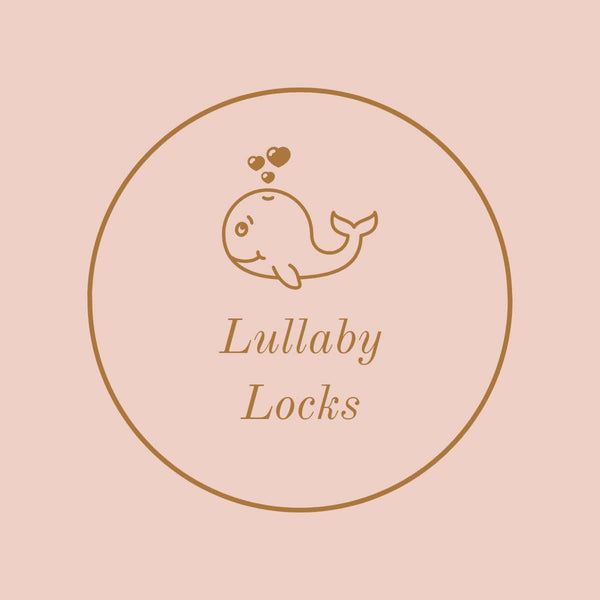There’s nothing quite like the bond between a baby and a beloved family pet. While it may seem like an unusual pairing at first, your tiny human just learning to crawl, and your furry friend padding around the house, the connection that blossoms between them is often heartwarming, enriching, and deeply beneficial.
From emotional development to sensory learning and even physical health, growing up with pets can give your baby a head start on many life skills while also surrounding them with unconditional love.
1. Emotional Growth Through Gentle Companionship
One of the most beautiful things about pets is their innate ability to offer comfort and companionship without expecting anything in return. For babies, who are just beginning to make sense of the world, this steady presence becomes a form of emotional anchoring.
The soft nuzzle of a dog or the purring of a cat can soothe a fussy baby. Over time, babies learn to associate the presence of their pet with feelings of safety and calm. As they grow older, children who bond with pets often show greater empathy, compassion, and patience- qualities that stem from their earliest experiences of caring for and observing a loving companion.
2. Building Early Social Skills
Your baby may not be ready for playdates with other toddlers just yet, but a pet can be their first social buddy. Simple interactions like babbling to a cat, giggling at a dog’s wagging tail, or gently reaching out to touch fur help babies develop early social behaviors.
These interactions teach non-verbal communication cues like body language, tone, and facial expressions. For example, a dog’s playful bark or a cat’s purring become signals the baby begins to recognize. This lays the foundation for understanding emotions and reactions, both in animals and in people.
3. Boosting Sensory and Cognitive Development
A household pet is a walking (or crawling!) sensory experience. Babies learn through touch, sound, and observation. The texture of fur, the rhythm of a purr, the jingle of a collar, all stimulate a baby’s developing senses.
Even watching a pet move through the house- jumping, chasing, resting can be an informal lesson in cause and effect, movement, and behavior. For slightly older babies and toddlers, naming pets, calling them, or mimicking their actions supports language development and imaginative thinking.
4. Encouraging Physical Activity
As babies begin to crawl or walk, pets can be wonderful motivators for movement. A baby trying to follow a cat under the table or giggling while chasing a gentle dog in the yard is not just playing, they’re developing motor skills, coordination, and balance.
Pets also encourage outdoor time. A family walk with a dog becomes an opportunity for fresh air, new sights, and exploration. This shared activity strengthens the bond between all family members, including the baby.
5. Fostering Responsibility (Even in Infants!)
While a baby can’t feed the fish or walk the dog just yet, growing up in a household with pets begins to shape their sense of responsibility. Watching a parent gently brush a dog’s fur, refill a water bowl, or scoop out the litter box models caretaking behavior.
Even simple tasks like letting the baby help hold a treat or say “bye” to the pet before leaving the house become small lessons in thoughtfulness and care. As they grow, these early experiences set the stage for taking on age-appropriate responsibilities with joy and empathy.
6. Immunity and Health Benefits
Interestingly, studies have shown that children who grow up with pets may have stronger immune systems and fewer allergies. Exposure to pet dander and the natural microbes they bring from outside may help your baby’s immune system build resilience.
Of course, hygiene is important, hand washing, proper pet care, and regular veterinary checkups are key but when done responsibly, having pets in the home can contribute to a healthier, hardier baby.
7. Comfort During Change and Separation
Pets can also offer continuity during big transitions such as moving, a parent returning to work, or starting daycare. Having a familiar animal companion at home can ease the emotional impact of these changes. For a baby, the reassuring presence of a dog curled at their feet or a cat brushing past them in the hallway becomes a steady source of comfort in an ever-changing world.
A Friendship Like No Other
While babies and pets may not share words, they communicate in a universal language of affection and curiosity. Over time, this connection blossoms into a beautiful friendship, one built on loyalty, play, and mutual joy.
Of course, supervision is always necessary. Babies must learn gentle touch, and pets must be trained and respected. But with the right environment, your home can be a place where paws and tiny hands learn, grow, and thrive together.
So whether it’s a pup who becomes your baby’s shadow, or a cat who curls beside the crib, celebrate this unique bond, it may just be the beginning of your baby’s first and most loyal friendship.

